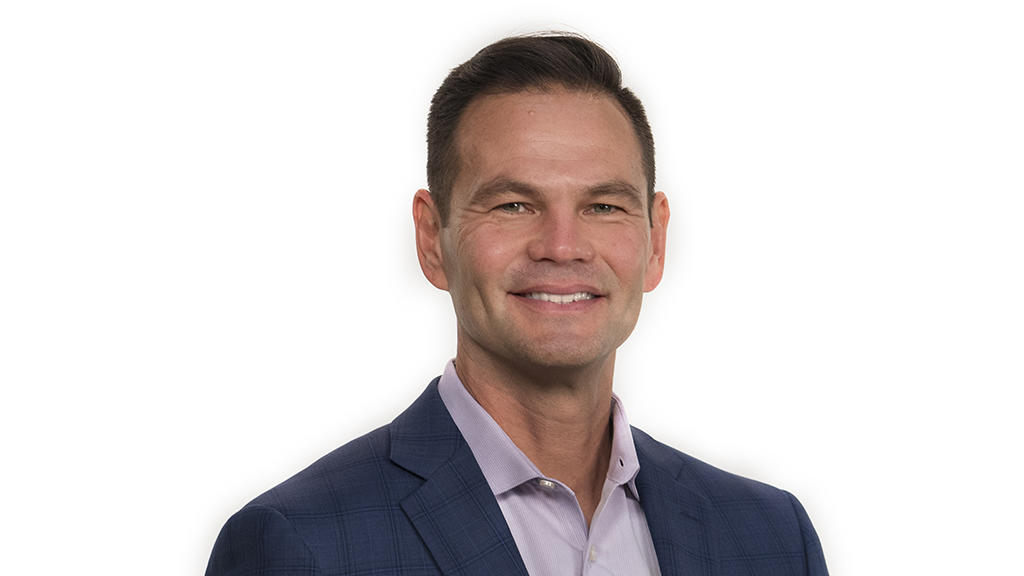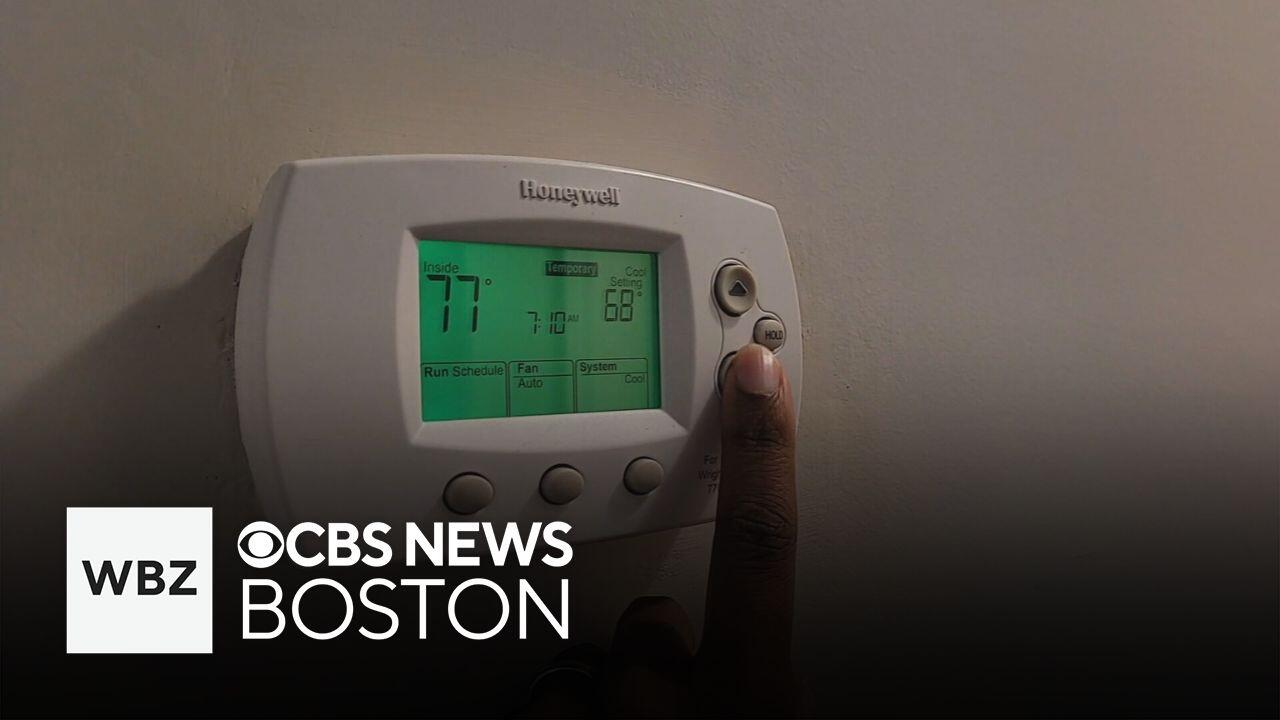Massachusetts residents trying to get ballot question that would reduce energy prices
Massachusetts residents were outraged last year as utility companies charged hundreds of dollars in delivery fees, but now some residents are working on a grassroots campaign to do something about it.
"They just keep hitting us and hitting us and hitting us," South Boston resident Helen Skulski said.
Skulski is preparing to collect signatures needed to get three ballot initiatives on the November 2026 ballot that she hopes will give ratepayers some relief.
"We have to be heard, we have to do something," she said.
WBZ-TV heard from many Greater Boston residents last year when delivery fees were often three times the cost of the actual gas. Those fees cover everything from maintenance and infrastructure costs to energy efficiency programs like Mass Save.
"I mean, how much longer can people actually dish out this money until we can't dish it out anymore?" said Kimberly Brie. The Dartmouth resident is also working on the effort; she, too, knows how hard these fees can hit.
"I just put a clothesline in because that's less I have to use on my dryer," she said.
Here are the basics of what these ballot questions would do if passed: It would eliminate revenue decoupling. This is essentially guaranteed revenue for the utilities. When usage goes down due to warm weather or conservation, they still get paid.
Next, it would allow customers to opt out of smart metering without a penalty. Smart meters allow utilities to remotely track usage.
Lastly, companies would be required to give customers a choice if they want to contribute to programs like Mass Save, which provides money for homeowners to make energy efficiency upgrades like insulation or heat pumps.
"You know what? Mass Save? It should be Save Mass, because I don't think it's a program that's worth anything, really," said Brie.
Response from energy suppliers
National Grid and Eversource released statements about the ballot initiative.
"National Grid is deeply committed to the communities we serve and consider affordability a core component of our mission to provide safe, reliable energy to our customers," a National Grid spokesperson said in a statement.
"We are supportive of customer assistance programs and see these ballot petitions as harmful for customers because of the complete disregard for the valuable benefits these programs provide all customers – especially those who need the most help – and the state as a whole," a spokesperson for Eversource said. "In particular, the state's energy efficiency and residential assistance programs must be part of any balanced, equitable approach to solving affordability challenges for customers. In addition, the ballot petitions pose a threat to reliability."
Eversource said that it is planning to redesign a bill in November based on Department of Public Utilities, customer, and community feedback. They said it will include "a line item for energy efficiency."
Reducing fossil fuel use
Larry Chretien of Green Energy Consumers Alliance believes programs like Mass Save are critical for the environment, and that the goal should be to reduce our reliance on fossil fuels.
"We believe parts of the bill that the ballot questions would do away with are totally ignoring what we get from those charges, which is, we think, it's cheaper to save energy than it is to buy it," said Chretien. "It is costing more to maintain the gas pipeline infrastructure. Energy efficiency is more than light bulbs and windows."
But the people collecting these signatures say they can't afford to foot the bill for these programs. They need to get upwards of 74,000 signatures by December 3rd to make it onto the ballot. Judging by what Helen's heard from people so far, she doesn't think it will be a problem.
"They're out there and they're just walking up, 'let me sign, let me sign,' because it's everybody's pocketbook, that's when you get attention,"

